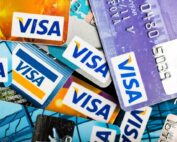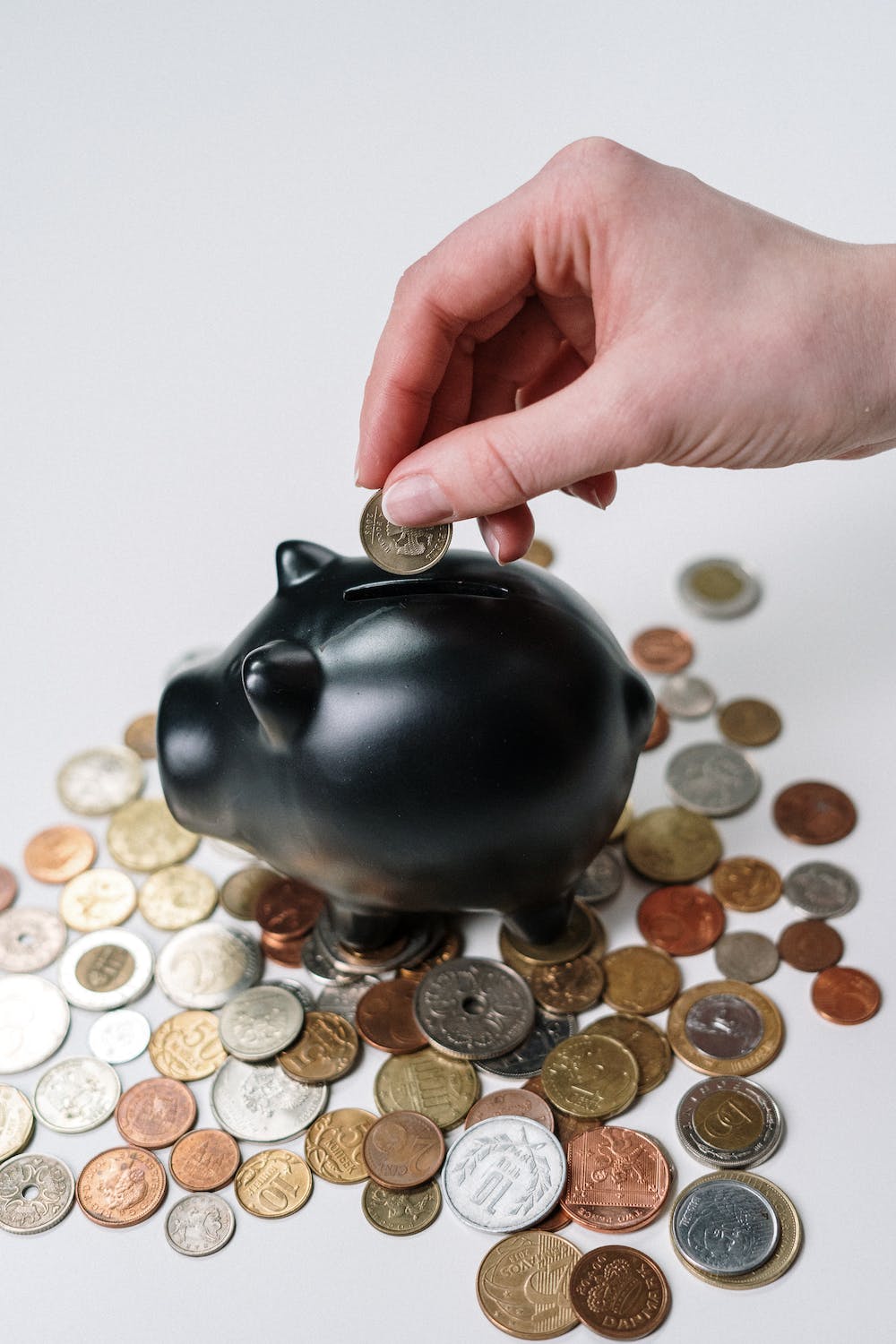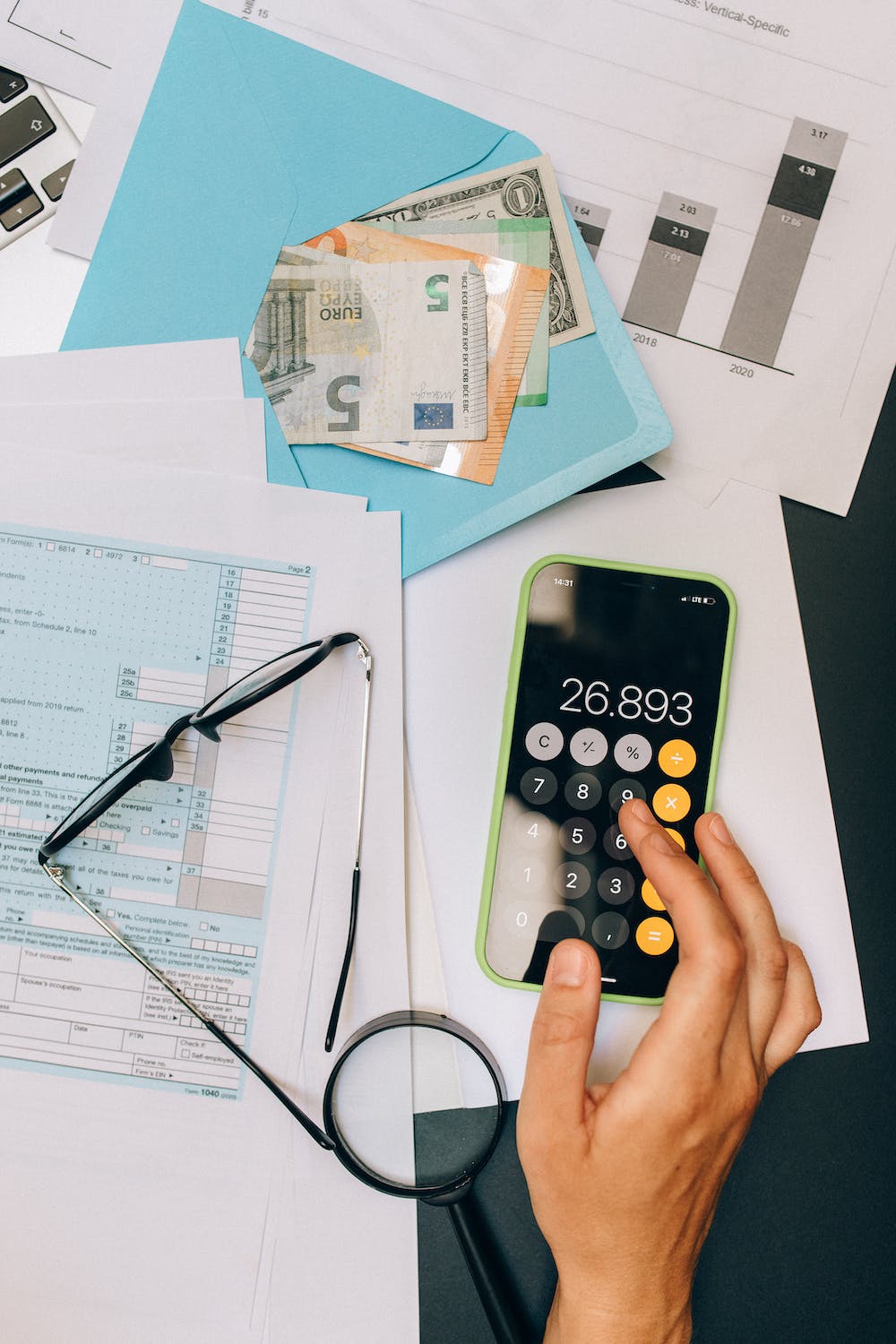Opening a Dutch Savings Account in the Netherlands.
Top 5 Dutch Savings Accounts
Find and compare the best interest rates for Dutch Savings accounts
This article is published 23 september 2023. Last Updated on 13 februari 2024.
Saving accounts in the Netherlands, like in many other countries, are financial products offered by banks and other financial institutions that allow individuals to save money while earning a modest amount of interest. In the Netherlands, 100.000 euro is covered by DNB.
When it comes to choosing the right savings account, there are a couple of fundamental factors that play a crucial role in your decision-making process. First and foremost, you’ll want to consider the interest rate offered by the account, as this will determine how much your savings will grow over time. Additionally, the timeframe in which you anticipate needing access to your savings is another pivotal consideration.
To assist you in making an informed choice, we have compiled a comprehensive overview detailing the distinctive features and terms associated with a variety of savings account options available to you.
Opening a Dutch Savings Account in the Netherlands
When choosing a Dutch savings account, it’s essential to weigh key factors such as the interest rate and the time horizon for accessing your savings. Below, we provide an overview of the characteristics and terms of various types of savings accounts.
To open a Savings account in the Netherlands, you typically need to follow these steps:
- Choosing a Bank: You start by choosing a bank or financial institution where you want to open a savings account.
- Types of Saving Accounts: Determine the specific type of savings account that suits your needs, whether it’s a regular savings account, a fixed-term deposit, or a savings account with specific conditions.
- Interest Rates: Evaluate the interest rates offered by different banks for the chosen savings account type to maximize your earnings on your savings.
- Extra requirements: Take note of any additional requirements or fees associated with the chosen savings account, such as minimum deposits, withdrawal restrictions, or monthly contributions.
- Online Banking:Consider whether the bank offers online banking services for easy and convenient account management, including checking your balance, making transfers, and monitoring your savings.
Note: Requirements may vary from bank to bank and depending on the type of account you want to open (e.g. personal, business, student).
Types of Savings accounts in the Netherlands
The key factors to consider when choosing a savings account are the interest rate and the timeframe in which you need access to your savings. Below, we provide an overview of the characteristics and conditions of various types of savings accounts.
Regular Savings Account
A “regular” savings account, also known as a “freely withdrawable” savings account, comes with the following features:
- You can withdraw funds from the savings account at any time without incurring costs.
- You have the flexibility to deposit funds into the savings account whenever you wish or set up regular monthly deposits.
- It’s possible to have no money temporarily in the account.
- The interest rate on this savings account varies over time.
Savings Account with Conditions
These savings accounts vary from bank to bank and by type, with differences primarily related to:
- How flexible you can deposit money into the account: with some accounts, you are free to deposit money whenever you want, while with others, you are required to deposit a specific amount each month.
- How flexible you are in (fee-free) withdrawals: some accounts require you to notify the bank a certain number of days in advance, such as thirty or ninety days, while others stipulate that the money must remain in the savings account for a certain period to earn (additional) interest.
- The interest rate on these savings accounts also varies over time.
Fixed-Term Deposit Account
A fixed-term deposit is a savings account where you lock your money away for a longer period, such as five years for a 5-year deposit. The options available differ from one bank to another, with choices ranging from 1-year deposits to 20-year deposits. Usually, the longer you lock your money, the higher the interest rate, and the interest rate remains the same throughout the entire period.
Conditions:
- You deposit a lump sum at one time, and additional deposits are not allowed until the end of the agreed-upon period.
- You cannot withdraw money during the specified period; the initial deposit remains in the account throughout the agreed-upon period.
Other Savings Methods
Apart from using a savings account, there are alternative ways to set money aside, such as bank savings plans or investments. The choice depends on your financial situation and goals.
What do you need to open a Savings account in the Netherlands?
- Identification: You will need a valid form of identification, such as a Dutch passport, Dutch identity card (ID-kaart), or a residence permit if you’re not a Dutch citizen.
- Proof of Address: Banks usually require proof of your residential address. This can be in the form of a utility bill (e.g., gas, water, electricity), a rental agreement, or a recent bank statement, as long as it clearly shows your name and address.
- Social Security Number (BSN): If you are a resident in the Netherlands, you will need a Burger Service Nummer (BSN), which is a citizen service number. This number is used for various administrative purposes in the Netherlands and is often required when opening a bank account.
- Age and Legal Capacity: Some savings accounts, especially those designed for minors or young adults, may have age restrictions. Ensure you meet any age requirements set by the bank.
- Initial Deposit: While many savings accounts do not require an initial deposit, some may have minimum deposit requirements. Make sure to check the specific terms and conditions of the account you are interested in.
- Residency Status: Whether you are a resident or non-resident in the Netherlands can affect your eligibility to open certain types of savings accounts. Non-residents may have different account options and requirements.
- Visa or Residence Permit (for Non-EU/EEA Citizens): If you are a non-EU/EEA citizen and not residing in the Netherlands for an extended period, you may need a visa or residence permit to open a savings account.











